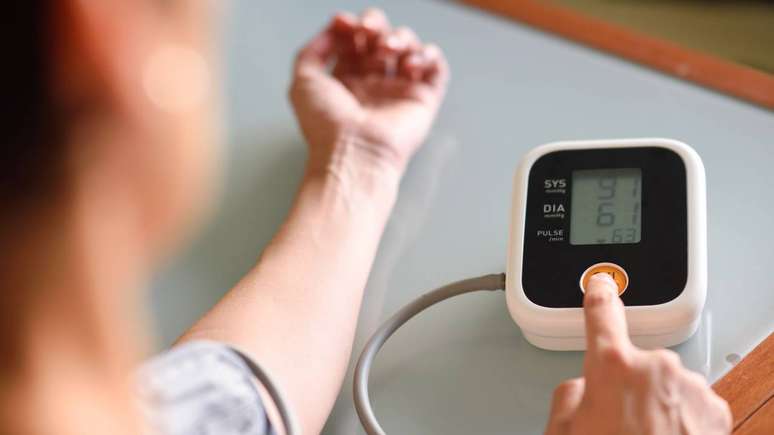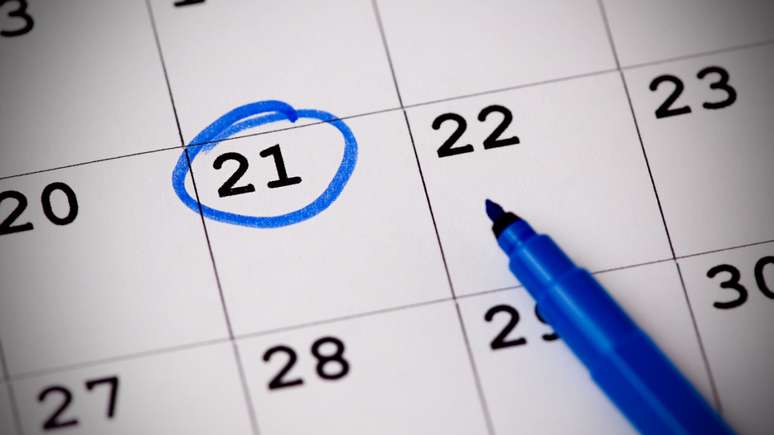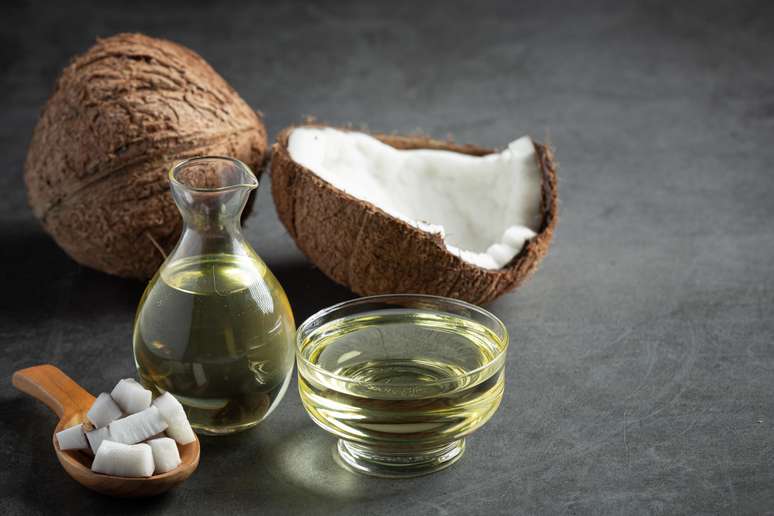Discover the main causes of low blood pressure and get effective advice on how to treat and prevent symptoms to improve your quality of life
Feel the effects of low pressure It can be an unpleasant experience for many people, especially when symptoms such as dizziness, weakness or blurred vision appear. Blood pressure, which indicates how strongly blood circulates throughout the body, can vary throughout the day depending on several factors, but sudden or persistent drops deserve special attention. Knowing what triggers this condition and how it is controlled is critical to well-being.
This phenomenon, called arterial hypotension, is usually noticed when the measured values are less than 90 per 60 millimeters of mercury (mmHg). While it does not always pose a serious risk, the condition requires caution as it can signal underlying problems or lead to accidents and falls. Identifying the reasons that lead to low blood pressure is the first step in understanding its impacts and seeking safe therapeutic alternatives.
What are the main causes of low blood pressure?
THE hypotension It can have different origins, from everyday situations to more serious health conditions. The most common reasons include dehydration, which reduces the volume of circulating blood, and the use of certain medications, such as diuretics, beta-blockers and antidepressants. Additionally, factors such as prolonged fasting, excessive heat, and rapid changes in position (for example, standing up too quickly) contribute to lower blood pressure.
Heart disease, hormonal disorders, and serious infections (such as sepsis) are other factors that cause a drop in blood pressure. In older adults, postural hypotension, seen when moving from a lying to standing position, is even more common. Pregnant women may experience reductions in blood pressure due to changes in the circulatory system caused by pregnancy.
- Dehydration: Reduction in body fluids impairs blood flow.
- Use of medicines: medicines that act on the cardiovascular system.
- Heart disorders: structural or rhythm problems of the heart.
- Hormonal changes: imbalances involving the thyroid or adrenal glands.
- Infections: Severe infectious conditions can dilate blood vessels.
How to treat low blood pressure?
Treatment of low blood pressure varies depending on the source of the problem. In many cases, simple measures such as increasing water intake and avoiding long periods of standing are sufficient to stabilize blood pressure levels. Medical advice becomes essential when the condition is related to heart disease, prolonged use of medications, or serious infections.
When the episode is related to daily practices, some immediate actions help alleviate the symptoms. Lying down with your legs raised, eating salty foods (under the guidance of a professional) and getting up slowly are strategies that can be adopted at home. If there are persistent or intense symptoms, such as frequent fainting, it is necessary to consult a specialist.
- Hydrate adequately, especially on hot days or after physical activity.
- Diversify your diet to avoid long periods of fasting.
- Consult your doctor before stopping or changing the use of medications.
- Practice posture changes gradually.
- Monitor blood pressure regularly if you have a family history or recurrent episodes.

And when does low blood pressure require urgent treatment?
Even if the low pressure generally it does not lead to serious complications, some situations require immediate intervention. Warning signs include loss of consciousness, chest pain, difficulty breathing, profuse sweating, or a fast heartbeat. Symptoms of this type may indicate more serious conditions, such as myocardial infarction or circulatory shock, and should be evaluated quickly in a hospital setting.
It is worth emphasizing that pregnant women, the elderly and people with a history of heart disease deserve special attention when faced with sudden drops in blood pressure. Medical monitoring and healthy lifestyle habits are essential to prevent and control episodes of hypotension.
Source: Terra
Ben Stock is a lifestyle journalist and author at Gossipify. He writes about topics such as health, wellness, travel, food and home decor. He provides practical advice and inspiration to improve well-being, keeps readers up to date with latest lifestyle news and trends, known for his engaging writing style, in-depth analysis and unique perspectives.






-ubrgialfr7sh.jpg)


